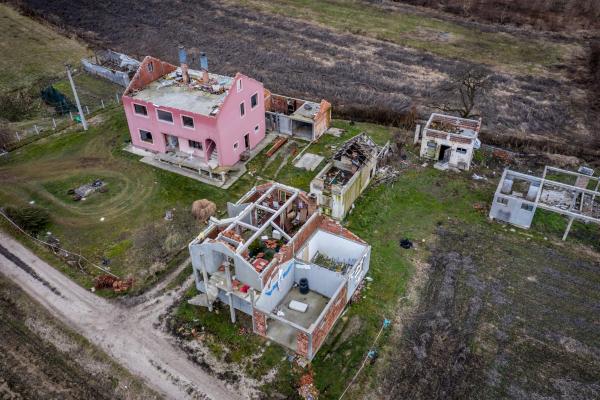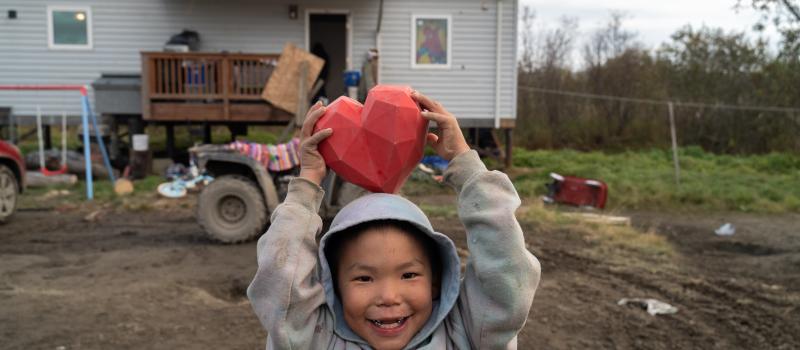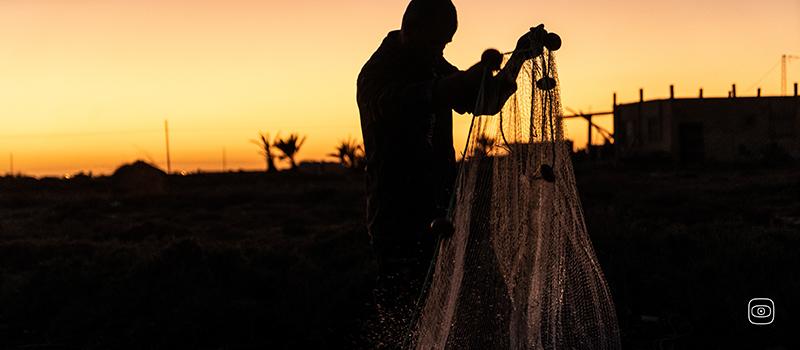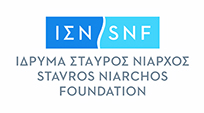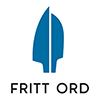
BELGRADE - In Serbia, there is a lot of lithium, money and political interest at stake. Under the farming lands of its Jadar valley, geologists from mining giant Rio Tinto found Europe's largest lithium deposits - an amount enough to produce at least one million electric car batteries a year.
Lithium is vital for the EU's promise to decarbonise and put 30 million electric cars on the road by 2030. Environmental organisations in Serbia warn that the EU's drive for lithium could cause nature destruction and social upheaval. An unpublished environmental impact assessment by Rio Tinto shows that biodiversity would be lost and that air pollution from toxic tailings may be a risk for the wider population. Yet president Vučić seems mainly concerned with the economic growth coming out of his billion-dollar "project of the century".
Rio Tinto has already bought out most of the properties needed for the mine: 49 empty and destructed houses litter the Jadar valley, reminding the remaining farmers of their neighbour's "betrayal". People from across Serbia flocked to the support of the farmers - who feel cheated by the ruling party's media manipulation and unconstitutional actions - resulting in a series of the most radical citizen protests in Serbia in recent years.
In January this year the mass protests forced the government to pull the emergency brake on Rio Tinto's controversial mining project - just months from the national elections. Vučić did not want to risk losing voters to the newly formed green opposition. But farmers in the Jadar valley, activists and opposition members all suspect a political manoeuvre and claim that the mine will nevertheless be built after the elections. And so the protests continue.
A crossborder team from Serbia, the Netherlands and Germany explores what is at stake in Serbia and the EU when it comes to the Jadar mine. They analyse how political parties capitalize on this controversial project with the aim to dent Vučić's autocratic rule and explore claims of pollution, biodiversity loss and mismanagement in the west of Serbia.
This investigation was nominated for the Dejan Anastasijević investigative journalism award in Belgrade.
Photo credit: Nathalie Bertrams
- Studija Rio Tinta o uticaju na životnu Sredinu: Pritajena kompanija, skrivena država - Vreme - 17/02/2022. - (Serbia)
- Servië staat niet te koop! - De Groene Amsterdammer - 30/03/2022 (The Netherlands)
ONLINE
- Studija Rio Tinta o uticaju na životnu Sredinu: Pritajena kompanija, skrivena država, https://www.vreme.com/vesti/studijia-rio-tinta-o-uticaju-na-zivotnu-sredinu-pritajena-kompanija-skrivena-drzava/ - Vreme - 17/02/2022 (Serbia)
- Dolina Jadra: Da li je Rio Tinto zaista otišao - Vreme - 14/02/2022. (Serbia)
- Elsöpri-e a szerb falut az elektromos autóipar? - Heti Világgazdaság - 03/02/2022. (Hungary)
- Lithium, Geld, Politik: Ein Dorf in Serbien kämpft gegen ein Bergwerk, Deutsche Welle - 22/02/2022. (Germany)
- Servië staat niet te koop! - De Groene Amsterdammer, 30/03/2022 (The Netherlands)
AUDIO:
- Omstreden mijn in Servië belangrijk voor toekomstige vergroening Europa - NPO Radio 1, 18/02/2022
VIDEO
- Studija Rio Tinta: Brojni negativni utjecaji projekta Jadar, https://youtu.be/IyYVGUs3l7U - Al Jazeera Balkans, 18/02/2022.
MENTIONED IN
- Rio Tinto priznao rizike - FoNet, 17/02/2022. (Serbia)
- Vreme: Rio Tinto ima Studiju o uticaju na životnu sredinu, ali je nije predao - N1, 16/02/2022. (Serbia)
- Interni dokument pokazao: Rio Tinto priznao rizike po zdravlje i prirodu Srbije - 021, 17/02/2022. (Serbia)
- Euronews. Rizici projekta "Jadar" - 18/02/2022. (Serbia)
need resources for your own investigative story?
Journalismfund Europe's flexible grants programmes enable journalists to produce relevant public interest stories with a European mind-set from international, national, and regional perspectives.
support independent cross-border investigative journalism
We rely on your support to continue the work that we do. Make a gift of any amount today.



